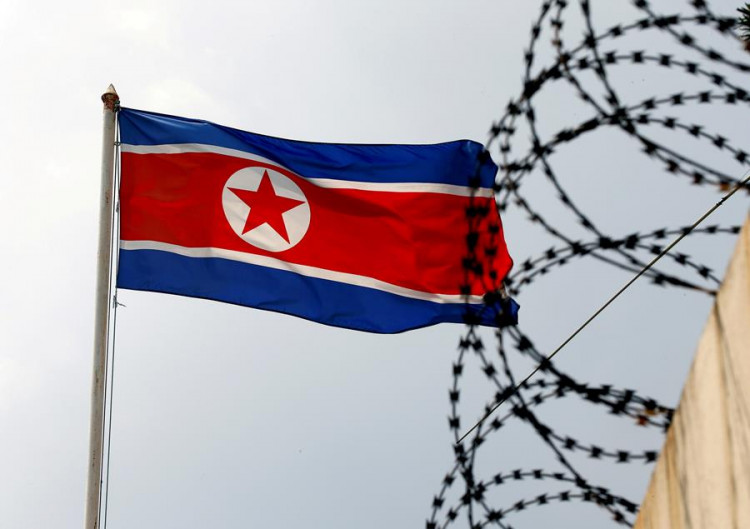Tensions between North and South Korea have sharply escalated as South Korea moves to suspend a key military agreement and resume front-line military activities. This decision comes in response to North Korea's recent provocative actions, including launching balloons carrying trash into South Korean territory.
On Tuesday, South Korea's Cabinet Council and President Yoon Suk Yeol approved the proposal to suspend the 2018 inter-Korean agreement, which aimed to reduce military tensions at the border. The agreement had mandated both nations to cease hostile acts such as live firing drills, aerial exercises, and psychological warfare. However, this accord is now effectively void as South Korea plans to notify North Korea formally, a step complicated by the severed communication channels between the two countries.
South Korea's Deputy Defense Minister for Policy, Cho Chang-rae, emphasized the need for strong measures to protect the public from North Korean provocations. "The responsibility for this situation lies solely with North Korea. If North Korea launches additional provocations, our military, in conjunction with the solid South Korea-U.S. defense posture, will punish North Korea swiftly, strongly, and to the end," Cho asserted.
The recent series of events began when North Korea used balloons to drop manure, cigarette butts, scraps of cloth, and waste paper on South Korean territory, prompting Seoul to vow "unbearable" retaliation. U.S. State Department spokesperson Matthew Miller described the tactic as "quite disgusting" during a regular news briefing. North Korea announced on Sunday that it would halt its balloon campaign, but the damage had already been done.
South Korean officials argue that the suspension of the 2018 deal is necessary to bolster military readiness, which they claim has been compromised due to North Korean provocations. Prime Minister Han Duck-soo highlighted several threats, including the recent balloon campaign, tests of nuclear-capable weapons, and alleged jamming of GPS signals in South Korea. "The 2018 deal has weakened our military readiness at a time when North Korea's provocations pose real threats to the public," Han stated.
The suspension of the agreement will allow South Korea to stage front-line military drills, though officials have not publicly detailed other potential steps. Observers suggest that South Korea may resume propaganda loudspeaker broadcasts along the border, a Cold War-era tactic that has previously irritated the North Korean regime. Such broadcasts, which disseminate news and messages critical of the North Korean government, have historically been a point of contention, given the regime's strict control over information.
The 2018 military agreement was initially established during a brief period of reconciliation between the Koreas. However, it has been effectively inoperative for some time, with both nations violating aspects of the deal amid ongoing tensions. Last November, North Korea's launch of a spy satellite further strained relations, leading to mutual breaches of the agreement.
The latest developments are set against a backdrop of heightened military activities and a volatile geopolitical landscape. South Korea's decision to suspend the military agreement is likely to provoke a strong response from North Korea, potentially escalating the situation further. As North Korea has already declared that it will not adhere to the 2018 deal, any resumption of military exercises or psychological operations by South Korea could be met with similar or even stronger actions from t
The U.S. has reiterated its commitment to defending South Korea, emphasizing the importance of a strong alliance in deterring North Korean aggression.




